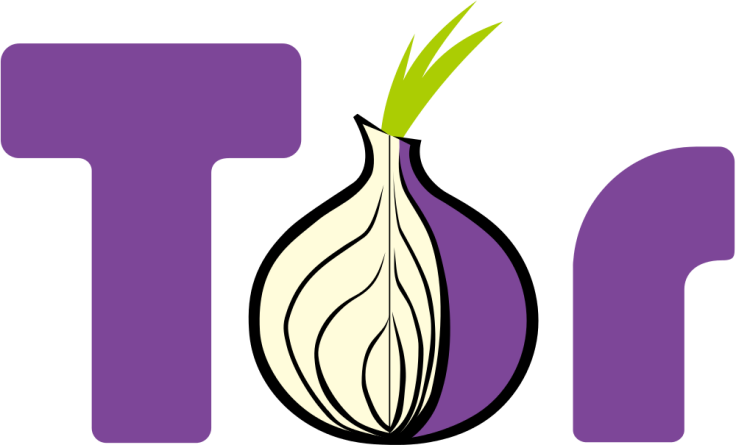Is Tor Browser Secure? Version 0.3.2.9 Update Offers Additional Privacy, Stable Build

The Tor Browser, a web browser known for providing users with privacy and the ability to access the dark web, released a new update Tuesday that provides new features, security fixes and improved stability.
Tor version 0.3.2.9 , which is available now for users of the privacy-centric browser to download and install, is the first official stable release in a series of updates that has introduced a new onion service design.
According to change logs for the browser update, the developers of Tor have introduced a number of new major features and upgrades with the introduction of version 0.3.2.9 of the browser.
The first new feature highlighted in the browser is the introduction of support for “next-generation onion services protocol for clients and services.” The update represents a revamping of the existing protocol that allows users to anonymous connect to websites through the Tor browser.
Tor’s Onion Service Protocol is an essential function of the browser. Unlike a standard browser that connects a computer directly to the server of a site they are visit, Tor obscures the connection to protect the user’s privacy.
It does this by connecting a user’s device to “nodes,” which are other computers on the Tor network. The browser sends the request through a number of nodes before it reaches the server. It device’s information is still there, but it is wrapped in layers of packet data from each node, making it nearly impossible to identify the origin of the request. The layered approach is similar to the structure of an onion, hence “onion services.”
The support for next-generation onion services expands that protocol by implementing improved cryptography designed to keep information traveling between nodes private and secure, improved directory protocols to keep data from leaking and better onion address security to protect against impersonation attacks.
The other major upgrade introduced to Tor with the latest update is a new scheduler that will help relay traffic. Schedulers determine how to route traffic through the Tor network, and previous designs often used too much data that would overwhelm the relays and lead to traffic delays.
The new scheduler, Kernel Informed Socket Transport or KIST, is capable of considering how much data it will write across all connections to other relays. That consideration will allow traffic to pass through the Tor network more quickly and with less concern about slow downs and congestion.
The KIST system is only available on Linux-based systems, though a variant of it called KISTlite will be available on all versions of Tor.
In addition to the major features, Tor also got a number of security improvements that aim to ensure the privacy of its users. Late last year, the browser had a brief scare in which it was discovered a bug was causing individual IP addresses to leak . That issue has since been addressed and new security features should prevent such a situation from happening again.
© Copyright IBTimes 2025. All rights reserved.



















